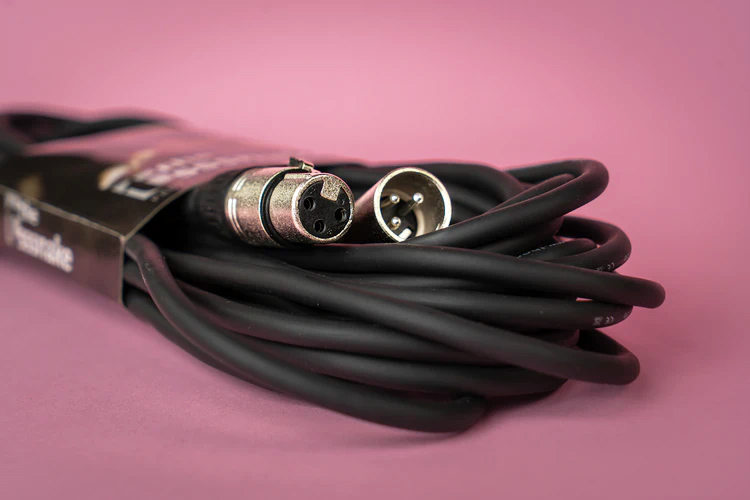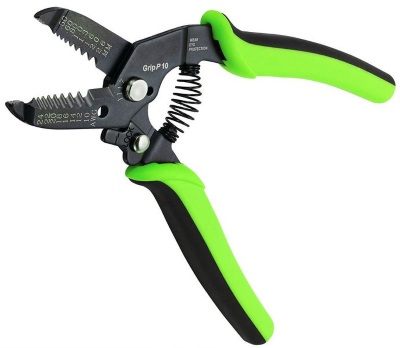
Step 9: Learn To Solder
Yes, you read that correctly. One of the most important things that every tech should learn is how to solder connectors correctly.
In fact, during my audio electronics classes I teach my students that learning soldering skills is one of the best ways to get an entry level job in the pro audio business.
I’ll address this topic further in a future article, but the basics are a quality soldering station such as the Weller WLC100 with 60/40 Rosin core solder (yes, save the non-lead solder for the manufacturers) and a decent pair of wire strippers such as the Greenlee GP10.

You can save your church hundreds or even thousands of dollars a year by fixing broken cables and connectors by soldering rather than tossing them in the trash.
Step 10: Plan For Failure
While this should be obvious to anyone who has run sound for more than a few seconds, failure happens.
Always keep a few spare XLR cables close at hand. Have a box of spare batteries for wireless microphones sitting at the mix position or in the inventory closet. And always keep a hard-wired mic on the worship platform that the pastor can quickly grab if his wireless beltpack goes dead.
The mark of a good sound tech is to plan for failure and have a back-up plan ready to go. Not everything is going to go perfectly because we as humans are flawed. So when something breaks unexpectedly, go to Plan B and don’t worry about. Then fix the problem so you don’t have to rely on Plan C the next time.
